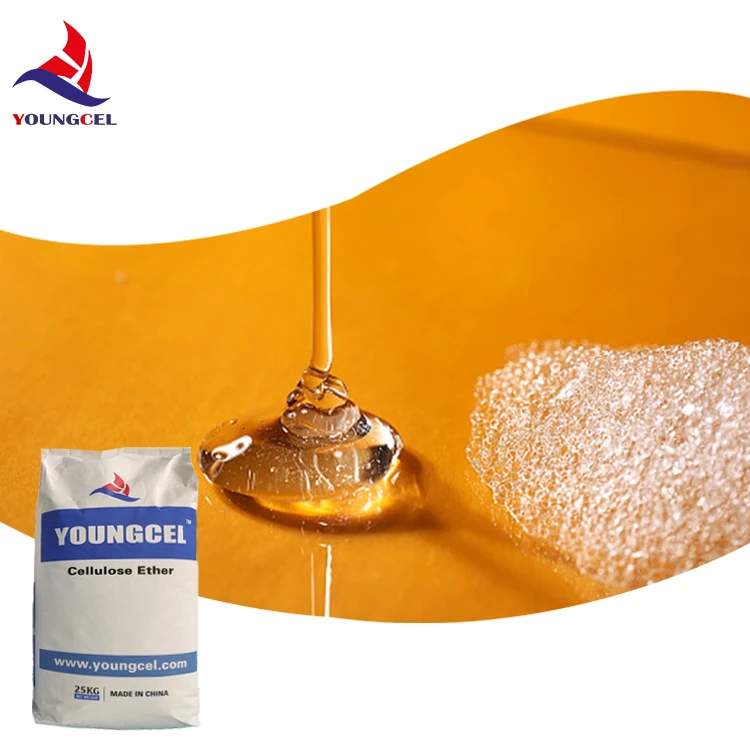The Impact of Industrial Thickeners in Manufacturing
In the contemporary industrial landscape, thickeners play an indispensable role across various sectors, enhancing product quality and operational efficiency. While often overlooked, these substances are fundamental in manufacturing processes ranging from food production to cosmetics, pharmaceuticals, and beyond. This article delves into the significance of industrial thickeners, their applications, and the ongoing innovations that are shaping this essential component of the industry.
Understanding Industrial Thickeners
Industrial thickeners, also known as viscosity modifiers, are materials that increase the viscosity of liquids, preventing them from flowing freely. They can be classified into natural and synthetic thickeners. Natural thickeners, such as xanthan gum and guar gum, are derived from plant sources, while synthetic options include polyacrylic acid and modified cellulose. Each type has its unique properties, applications, and benefits, making thickeners versatile tools in manufacturing settings.
Applications Across Industries
1. Food Industry In the food sector, thickeners enhance the texture and stability of products such as sauces, dressings, and dairy items. For example, xanthan gum is widely used in gluten-free baking as it mimics the texture that gluten would provide. Thickeners ensure that food products maintain their desired consistency, improve mouthfeel, and extend shelf life by stabilizing emulsions.
2. Cosmetics and Personal Care Thickeners are heavily utilized in the cosmetics industry to create smooth and stable formulations. They help in achieving the desired texture for lotions, creams, and gels. For instance, carbomers serve as effective thickeners in gels, providing a luxurious feel on application. Beyond texture, thickeners also play a crucial role in the product’s stability, ensuring that formulations do not separate over time.
industri thicken

3. Pharmaceuticals In pharmaceuticals, thickeners are crucial for formulating various liquid medications, including syrups and suspensions. They enhance the bioavailability of active ingredients and improve the overall patient experience by providing a more palatable and easier-to-swallow product. Natural thickeners are often preferred in this sector due to their biocompatibility and safety profiles.
4. Paints and Coatings The coatings industry relies on thickeners to control the flow properties of paints, ensuring even application and optimal coverage. By adjusting the viscosity, manufacturers can create products that resist dripping and sagging, ultimately leading to a more aesthetically pleasing finish. Thickeners also enhance the durability of the paint by improving adhesion to surfaces.
Innovations and Trends
As industries evolve, so too do the formulations and applications of thickeners. Current trends indicate a move towards sustainable and eco-friendly thickeners, driven by consumer demand for greener products. Natural thickeners derived from renewable resources are gaining popularity as manufacturers seek to reduce their environmental footprint. Additionally, advancements in technology have led to the development of modified thickeners that offer improved performance characteristics, such as increased stability and efficiency at lower usage levels.
Moreover, the rise of smart thickeners, which change properties in response to environmental stimuli, such as temperature or pH, is paving the way for innovative applications in various fields, including advanced drug delivery systems and personalized medicine.
Conclusion
Industrial thickeners may be a small component of various manufacturing processes, but their impact is substantial. From improving product quality to enhancing customer satisfaction, thickeners are fundamental to numerous applications across diverse industries. As the demand for innovative, sustainable solutions continues to grow, the future of industrial thickeners looks promising. Embracing new technologies and materials will ensure that industries can meet evolving consumer needs while minimizing their environmental impact. In this way, thickeners will continue to be a key player in shaping the future of manufacturing.
-
The Application and Significance of Construction RdpNewsMay.19,2025
-
Industrial Grade HpmcNewsMay.19,2025
-
Building Coating Adhesive Building Coating Adhesive HpmcNewsMay.19,2025
-
Application Of Hpmc For Detergent For Detergent In DetergentsNewsMay.19,2025
-
Application Of Hpmc Cellulose In Cement-Based MaterialsNewsMay.19,2025
-
Application Of High Quality Hpmc For Construction In The Field Of ConstructionNewsMay.19,2025




